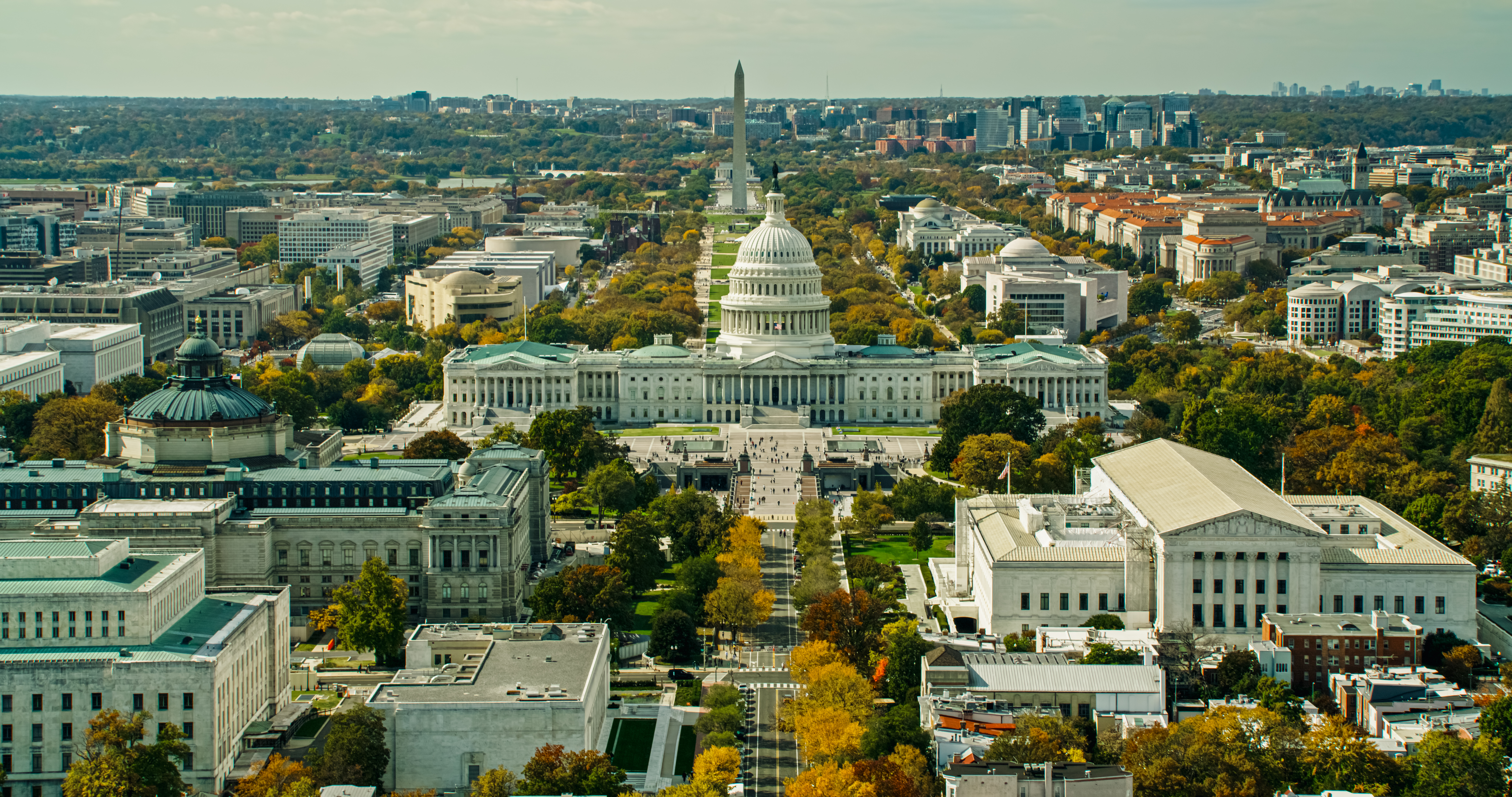Letter to House Judiciary Committee: NICB Supports H.R. 1109, the Litigation Transparency Act, and H.R. 2675, the Protecting Our Courts from Foreign Manipulation Act
Dear Chairman Jordan, Ranking Member Raskin, Subcommittee Chairman Issa, and Ranking Member Johnson:
On behalf of the National Insurance Crime Bureau (NICB), I write to express our strong support of H.R. 1109, the Litigation Transparency Act, and H.R. 2675, the Protecting Our Courts from Foreign Manipulation Act. As a leader in the fight against insurance crime and fraud, NICB urges the Committee to take up and advance these measures to strengthen transparency and accountability over third-party litigation funding (TPLF), which can be a facilitator of fraud.
With a 115-year history, NICB is the nation’s premier non-profit organization exclusively dedicated to detecting, preventing, and deterring insurance fraud and related crimes through intelligence-driven operations. NICB is supported by approximately 1,200 property and casualty insurance companies, associate members, and other strategic partners within the anti-fraud ecosystem.
While NICB provides value to our members and law enforcement—such as through investigative support; intelligence reports and information sharing; and education and training programs—we also serve a significant public benefit by helping to stem the estimated billions of dollars in economic harm that insurance crime and fraud causes every year.
Insurance fraud is not a victimless crime. According to the Federal Bureau of Investigation (FBI), insurance fraud is estimated to reach more than $40 billion per year, costing the average American family between $400 and $700 annually in the form of increased premiums.1 A study performed by the Coalition Against Insurance Fraud estimates that the damage is far greater, stealing approximately $308 billion each year from American consumers.2 These crimes take many forms—from vehicle and cargo theft; staged vehicle accidents and slip-and-fall schemes; and home and auto repair scams; to identity theft, predatory towing, and medical billing fraud—and are limited only by the scope of fraudsters’ capabilities and resourcefulness.
From NICB’s unique position at the intersection of industry and law enforcement, we know that fraudsters will exploit every avenue, forum, and opportunity to bilk consumers and their insurers to line their own pockets, which increases costs for all. Unfortunately, the courtroom is not immune. Fraudsters and their affiliates have engaged in predatory and abusive litigation tactics and employed tools to advance—and conceal—their aims. NICB is concerned that, absent additional transparency and accountability, litigation funding can serve as a facilitator of fraud.
In fact, NICB directly assisted the U.S. Department of Justice’s recent investigation and prosecution of a massive TPLF-facilitated trip-and-fall fraud scheme in New York, which defrauded businesses and their insurance providers of more than $31 million. This complex and sophisticated scheme included deliberate, unnecessary surgeries performed on victims (recruited from homeless shelters) simply to drive up insurance claims and the resulting payouts from fraudulent lawsuits. According to a Department press release, “[t]he surgeries, as well as the other medical procedures, were funded by litigation funding companies,” who “also paid the fraud scheme organizers and participants referral fees … for each Patient who signed a funding agreement.”3
Most recently, a new joint analysis conducted by NICB and 4WARN—a digital risk intelligence company—has uncovered a strong connection between TPLF and excessive litigation instigated by fraudulent digital tactics and opportunistic marketing.4 In one case, a single funder supported 13 law firms that targeted 66 different insurers to drive claims litigation and maximize the investor’s return. NICB’s assessment shows that funders targeted U.S. insurers at significant scale—with nearly 75% of insurance companies assessed being directly targeted by opportunistic litigation marketing campaigns, many of which were resourced by outside funders. Some of the digital manipulation tactics used in TPLF-facilitated fraud include search engine diversion, brand impersonation through cloned portals and misleading domains, and AI-generated content. The schemes often include “runners” that coach, recruit and coordinate plaintiffs, law firms, complicit medical providers, and digital marketing firms.
To combat TPLF-facilitated fraud, NICB calls upon lawmakers to adopt pro-transparency and accountability measures to help reveal funding sources—including beneficial ownership and foreign participation—and combat the improper incentives that attract fraudsters.
Accordingly, NICB strongly supports H.R. 1109, the Litigation Transparency Act, which would compel the disclosure of any outside funder, as well as the agreement creating the funder’s contingent financial interest in the case. Furthermore, we strongly support the bipartisan H.R. 2675, the Protecting Our Courts from Foreign Manipulation Act, which would shed light on the scope and impact of third-party funding by foreign persons and prohibit such funding by foreign states.
In short, NICB applauds your work to improve transparency and accountability over third-party litigation funding and encourages the Committee to take up and favorably advance H.R. 1109 and H.R. 2675 to the floor.
If you have any questions, please contact me at kmccollum@nicb.org or 847-636-7041.
Respectfully,
Kyle T. McCollum
Vice President
Strategy, Policy, and Government Affairs
National Insurance Crime Bureau
1 Insurance Fraud, Federal Bureau of Investigation, available at https://www.fbi.gov/stats-services/publications/insurance-fraud.
2 Fraud Stats, Coalition Against Insurance Fraud, available at https://insurancefraud.org/fraud-stats/.
3 U.S. Attorney’s Office, Southern District of New York, “New York Attorney And Doctor Convicted Of Defrauding New York City-Area Businesses And Their Insurance Companies Of More Than $31 Million Through Massive Trip-And-Fall Fraud Scheme” (Dec. 16, 2022) available at https://www.justice.gov/usao-sdny/pr/new-york-attorney-and-doctor-convicted-defrauding-new-york-city-area-businesses-and.
4 See National Insurance Crime Bureau, “NICB Warns of Fraud Facilitated by Third-Party Litigation Funding, Calls for Transparency and Insurance Industry Vigilance” (Nov. 18, 2025).
